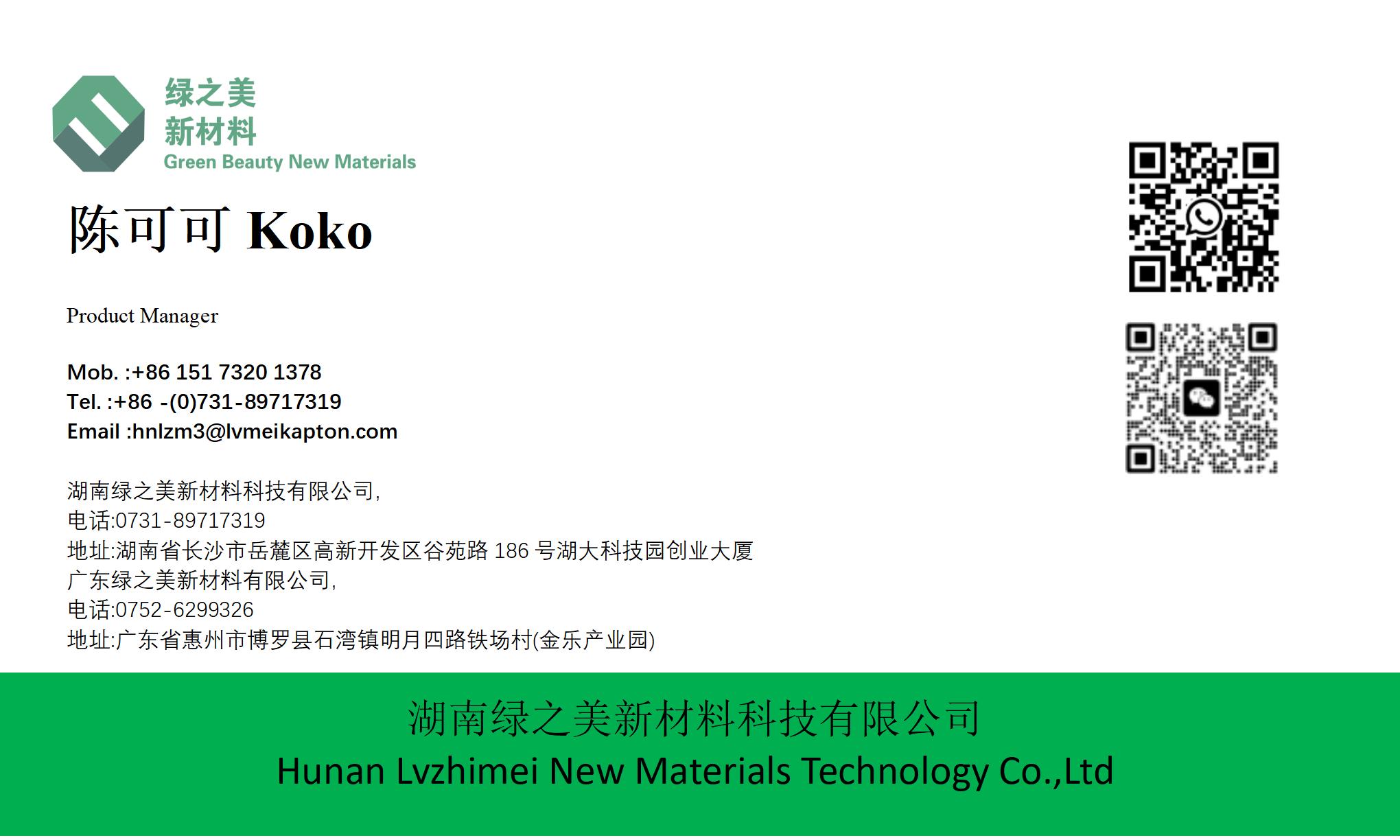



Which Properties of PI Tape Make It Suitable for AI Chip Heat Dissipation and Temperature Control Testing? | https://www.lvmeikapton.com/
In the intricate world of AI chip technology, effective heat dissipation and temperature control testing are critical for ensuring optimal performance and reliability. PI tape, with its unique set of properties, has emerged as a preferred material for these applications. But which specific properties of PI tape make it suitable for AI chip heat dissipation and temperature control testing?
One of the key properties of PI tape is its high thermal stability. AI chips generate a significant amount of heat during operation, and PI tape is designed to withstand high temperatures without degradation. This thermal stability ensures that the tape can effectively dissipate heat, maintaining the chip within its safe operating temperature range. It can handle continuous exposure to high temperatures, making it an ideal choice for prolonged testing processes.
PI tape's excellent electrical insulation properties are another crucial factor. AI chips contain complex circuits and sensitive components that require protection from electrical interference and short circuits. PI tape provides a reliable barrier, preventing any unintended electrical connections and ensuring the safe operation of the chip during testing. This insulation property is particularly important in high-voltage and high-frequency applications, where electrical integrity is essential.
The durability of PI tape is also a significant property that makes it suitable for AI chip testing. Testing environments can be harsh, with various physical stresses such as vibration, impact, and mechanical movement. PI tape is highly resistant to these stresses, providing a robust protective layer for the chip and its components. It can withstand repeated use and exposure to challenging conditions, ensuring long-term reliability and performance.
Flexibility is another important property of PI tape. AI chips come in different shapes and sizes, and PI tape can easily conform to these various geometries. This flexibility allows for precise application, ensuring that all critical areas are covered and protected. It can be cut and shaped to fit specific requirements, providing customized solutions for different testing scenarios.
PI tape's chemical resistance is also a key property. During testing, AI chips may be exposed to various chemicals and solvents. PI tape is highly resistant to these substances, preventing any degradation or loss of functionality. This chemical resistance ensures that the tape can maintain its protective and thermal management properties even in challenging testing environments.
In addition to these properties, PI tape has good adhesive properties. It can adhere securely to different surfaces, ensuring a strong bond between the tape and the chip or its components. This adhesive property helps to prevent any movement or detachment during the testing process, maintaining the integrity of the thermal and electrical connections.
PI tape's low outgassing property is also beneficial. In high-vacuum environments, which are sometimes used in AI chip testing, materials with low outgassing are essential to prevent contamination. PI tape has minimal outgassing, ensuring that it does not release harmful gases that could affect the testing process or the performance of the chip.
In conclusion, the properties of PI tape that make it suitable for AI chip heat dissipation and temperature control testing include high thermal stability, excellent electrical insulation, durability, flexibility, chemical resistance, good adhesive properties, and low outgassing. These properties combined make PI tape an indispensable material in the field of AI chip testing. To learn more about PI tape and its applications, visit https://www.lvmeikapton.com/.





